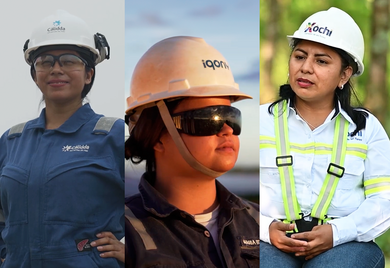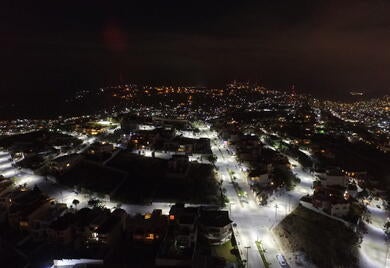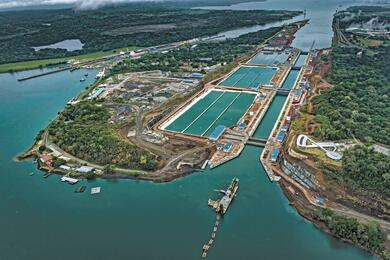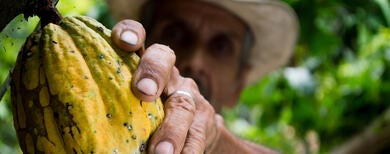Blogs Navigation
Sustainable BusinessRecent posts

Financial Health: Driving Growth in Latin America and the Caribbean
According to the latest Global Findex database, the proportion of adults in Latin America and the Caribbean (LAC) with account ownership rose from 39% in 2011 to over 75% in 2025. This increase was driven by the rise of digital-first financial service providers, expanded government transfers, and innovations that enhance the value proposition, such as the growth of e-commerce and instant payment systems in countries like Brazil, Peru, and Costa Rica.

IDB Invest and the New Push for the Private Sector in Paraguay
Imagine investing in a portfolio of projects in a country with sustained economic growth, low inflation, abundant clean energy, and preferential access to a regional market of 270 million consumers. That country is Paraguay, where IDB Invest has committed to mobilizing up to $1 billion to support strategic private-sector projects that drive sustainable development.

Energy and Transport Infrastructure: Projects Driving Jobs and Transforming Communities
IDB Invest works to boost job creation through the private sector and ensure these opportunities reach areas with the potential to develop new productive sectors and generate formal employment. Financing energy and transport infrastructure projects in Latin America and the Caribbean has been crucial for creating quality jobs and increasing women's workforce participation.

Five Fintechs Disrupting MSME Finance
Big data is changing everything from the way we shop to how we travel. Financial technology companies (fintechs) are now following in the footsteps of giants like Amazon, Airbnb and Uber to transform the banking industry in the digital age. Fintech solutions have shown particular promise across emerging markets where big data is used in advanced credit analytics to help determine a borrower’s creditworthiness based on non-traditional indicators like cell phone usage and social media activity.

Can an entire city switch to LED lights?
Over the past few years, LEDs have become increasingly common, as they provide long-lasting performance for a fraction of the energy used by traditional lights. Think of the latest generation of LED TVs, modern car lights or even household light bulbs. Many LEDs today have an expected lifespan of over 20 years while using 80% less energy to produce the same amount of light. With savings like this, imagine switching over an entire city to LED lighting.

Investing in water and sanitation is no dirty business
In an era of smart cities, 3D printing and artificial intelligence, The Economist awarded the “humble loo” the world’s greatest innovation. Why? It has saved the lives of billions. The World Health Organization concluded that one dollar spent on sanitation generates a return of $5.50. In Latin America the return climbs over $7.00 – the second highest after East Asia. When people are healthier, productivity improves and attrition and absenteeism decline.

What does paternity leave have to do with a company’s success?
Companies in Latin America cannot find the human talent they’re looking for. An international survey of 41,000 companies found that more than 60% of employers in countries like Brazil and Peru have problems filling vacancies. In Costa Rica, more than 45% of the companies surveyed are dealing with this—they simply cannot find the right people.

Five lessons from the expansion of the Panama Canal
By Rachel Robboy Many aspects of the Panama Canal expansion make it stand out. The 7-year project to add a third lane to accommodate giant ships with triple the cargo capacity is the largest infrastructure project in Latin America and the Caribbean, costing over $5 billion. It brings in 22 percent of Panama’s national gross domestic product, allowing the country to grow at 6 percent in a year when the rest of the region is slowing down.

Why is there growing demand for Central American cocoa?
In pre-Columbian times, cocoa was a commodity so valuable it was used as a currency. In Mesoamerica, where it has been consumed for millennia, the Aztecs paid for everyday items in cocoa beans. Three would buy you a turkey egg, one hundred a whole hen.


